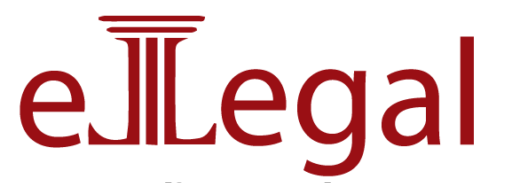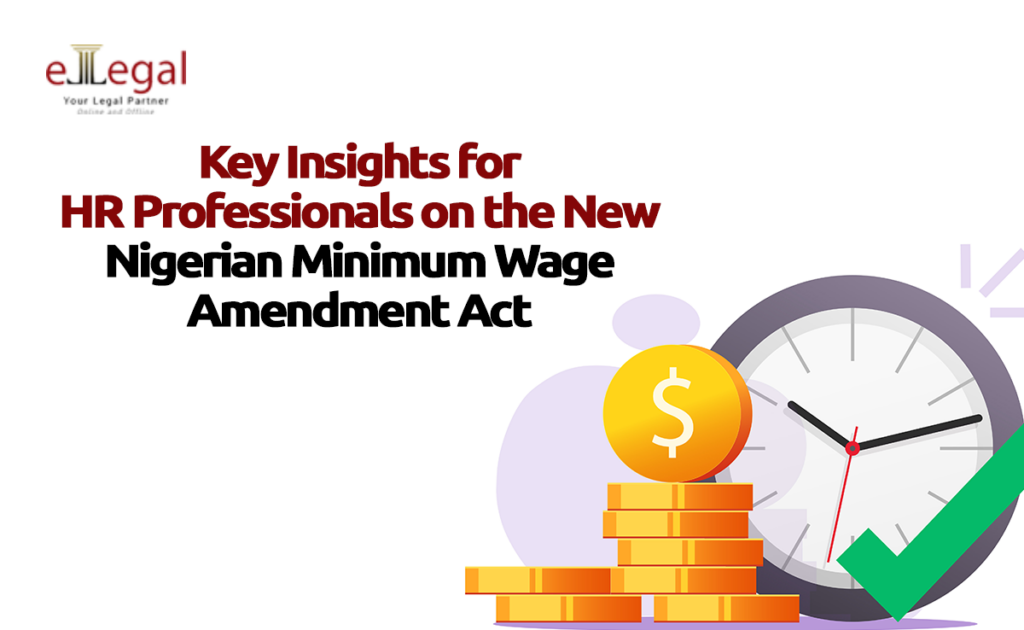The Nigerian labor market is undergoing significant changes as the country adapts to evolving economic pressures. One of the most pivotal changes for both employees and employers is the introduction of the New Nigerian Minimum Wage Amendment Act. For HR professionals, understanding this shift is crucial to navigating the implications it has on payroll, compliance, and employee welfare. In this blog post, we will discuss key insights that HR professionals need to know about the new minimum wage in Nigeria, focusing on its implications for businesses and workers alike.
Understanding the New Minimum Wage Nigeria 2024
The New Minimum Wage Nigeria 2024 represents a major milestone in the country’s labor policies. It comes after years of discussions, negotiations, and debates. The legislation increased the national minimum wage from ₦30,000 to ₦70,000 per month, effective July 2024, representing a 133% rise aimed at enhancing workers’ living standards amid economic challenges and inflation. Additionally, the Act reduced the wage review period from five years to three, ensuring more frequent adjustments in line with economic conditions
This new wage is particularly important because it impacts millions of workers across various sectors. The updated wage is expected to improve the quality of life for workers, ensuring they can meet basic needs like food, housing, and transportation without compromising other areas of their well-being.
Key Aspects of the New Minimum Wage Nigeria 2024:
- Increased Minimum Wage: The core highlight of the 2024 amendment is the increase in the minimum wage for Nigerian workers. This adjustment reflects the government’s attempt to address inflation and the rising cost of living.
- New Wage Bands: The wage bands for different sectors, especially for public workers, have been adjusted. HR professionals must ensure that their company is compliant with these new bands.
- Sector-Specific Adjustments: Some sectors, like healthcare, education, and security, may receive specific adjustments based on the agreement between the government and the workers’ unions.
New Minimum Wage for Nigerian Workers 2024: What Does It Mean for HR?
For HR professionals, one of the immediate tasks is ensuring that the new minimum wage for Nigerian workers is effectively implemented. The Nigerian government’s decision to amend the minimum wage has wide-reaching implications on several fronts, particularly in terms of compliance and employee satisfaction.
- Payroll Adjustments:
The first major impact will be felt on the payroll. HR departments will need to update payroll systems to accommodate the new wage rate, ensuring that no employee is paid below the statutory minimum. This involves:
- Reviewing Employee Contracts: For businesses that have already set employment contracts, HR professionals must ensure that these contracts are updated to reflect the new wage.
- Automating Payroll Systems: Modern payroll systems must be adapted to calculate the updated wages for all employees, especially in large organizations where manual adjustments could be prone to errors.
- Training and Development: Educate HR staff on the Act’s implications to foster compliance and promote a fair workplace culture.
- Employee Communication: Inform employees about wage changes and their impact on compensation to maintain transparency and trust.
- Ongoing Compliance Monitoring: Conduct regular audits to ensure adherence, as non-compliance can result in fines and legal repercussions
Compliance and Avoiding Penalties:
One of the main responsibilities for HR professionals in this context is to ensure full compliance with the new minimum wage Nigeria 2024. Non-compliance could lead to legal action, penalties, or even damage to the company’s reputation.
Failing to comply is a legal offence, with penalties including fines up to 5% of the employee’s monthly wages and payment of any salary arrears. Courts may also impose interest on overdue wages at the Central Bank of Nigeria’s current lending rate for each month of non-payment.
HR professionals must proactively adapt to these changes to ensure compliance and support a fair and productive work environment
As part of the amendment, HR professionals must keep accurate records to prove that employees are receiving the new minimum wage. This could mean:
- Maintaining Payment Records: Companies should keep detailed records that confirm that every employee is receiving the updated wage. As per the law, businesses must also be able to confirm that workers have been informed about the changes.
- Ensuring Equal Treatment: It is important that the increase is applied uniformly across employees in similar positions to avoid any allegations of discrimination or unfair treatment.
The Impact of the New Minimum Wage for Nigerian Workers on Recruitment
The new minimum wage for Nigerian workers is likely to have a ripple effect on recruitment strategies. Businesses that offer salaries lower than the new minimum wage may struggle to attract top talent, while those that comply with the new regulations may stand out in a competitive labor market.
Recruiting and Retaining Talent:
The increase in the minimum wage presents a prime opportunity for businesses to attract highly skilled individuals who are seeking better pay packages. HR professionals should adjust their recruitment strategies to reflect the competitive advantage of offering a salary that meets or exceeds the new wage rate.
- Marketing Competitive Salaries: Companies can leverage the new wage rates in their recruitment advertisements, attracting job seekers who are specifically looking for positions that align with the new pay structure.
- Investing in Employee Development: For companies aiming to retain workers in the long term, investing in training, development, and employee engagement will ensure that the pay increase is not seen as a one-off event but part of a broader commitment to employee welfare.
Challenges for Employers
Employers may face
- Increased financial pressure, especially SMEs.
- Wage compression, potentially causing dissatisfaction among experienced employees.
- Morale and motivation issues due to wage compression
Conclusion
The new minimum wage for Nigerian workers represents a significant leap forward in improving the standard of living for workers across the country. For HR professionals, staying ahead of the changes brought by the New Minimum Wage Nigeria 2024 is critical for maintaining compliance, employee satisfaction, and operational efficiency. For more information, contact us.




